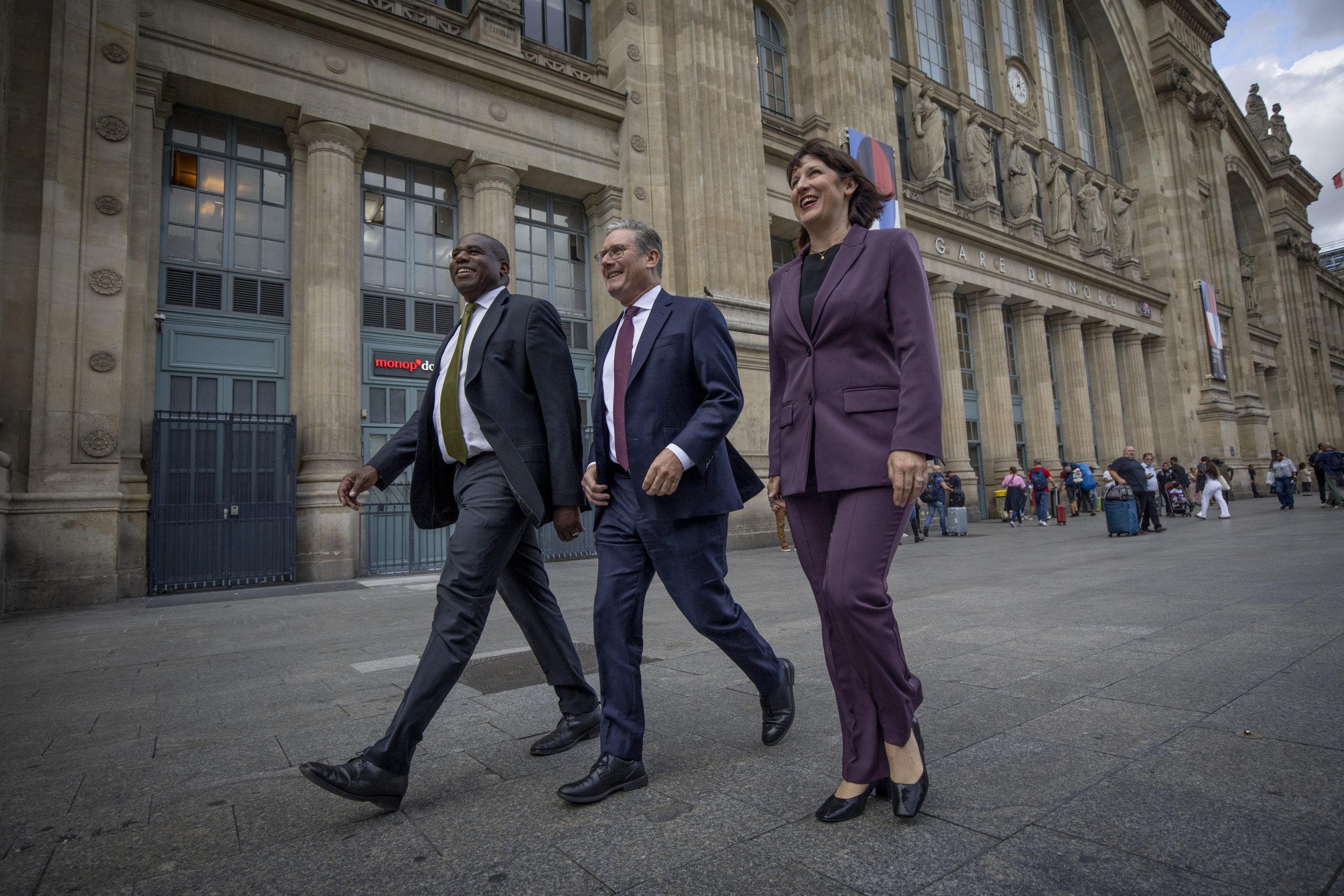
By: SUNDER KATWALA, Director, British Future thinktank
THIS could feel like a long year for Keir Starmer. The Labour leader seems ever more likely to emerge as prime minister once the general election is eventually held, but whether he can seal the deal with the British public is unlikely to be put to the test any time soon.
Labour’s sustained lead also makes it more likely that the prime minister will choose a later date for the general election – in the late Autumn next year rather than to coincide with the local elections next May. No previous prime minister trailing heavily in the polls has chosen a much earlier general election than was necessary.
The bookmakers’ odds now imply there is an 85 per cent chance that Starmer will make it into 10 Downing Street once the public make their choice, but that still offers Rishi Sunak a one in six chance of pulling off what would be an unprecedented comeback this late in the electoral cycle. But there will always be some hope that something might turn up to upset expectations, however narrow that potential path to victory might become.
But how should Starmer play this long waiting game? The conventional wisdom has been that the Labour leader will be cautious. He is protecting a large poll lead for a party that loses many more elections than it wins, having won just three general elections under Tony Blair in almost half a century after 1974.

The party needs to secure the votes of those long desperate to vote the Conservatives out with some of those who decided to give Boris Johnson a mandate last time. Labour will focus on the core message that it is time for a change, seeking to ensure that they pin the record of 14 years in power on the governing party, challenging Rishi Sunak’s effort to offer himself as a recent arrival proposing an agenda for change himself, while taking as few risks as possible when it comes to setting out Labour’s alternative agenda.
Yet, Labour faces a strategic dilemma about how to balance the need to reassure with a credible offer of change when there is a sour and sceptical public mood about politicians of all parties.
Westminster pundits have dubbed this cautious approach “small target politics”, where the opposition, being the favourites, try to shrink the areas where the government can try to mount an attack. Yet there was a twist in the script this week as the Labour Party leader decided to put immigration and asylum on the agenda, before heading to Paris to open up the question of what happens next about Brexit too.
Starmer saw an opportunity in how much the government has struggled on the immigration issue. The government’s supporters are unimpressed by the combination of high immigration levels under the new post-Brexit system, and the loss of control over small boats in the Channel. Opposition supporters see the government as both incompetent and too harsh in its language and policies towards asylum seekers.
Starmer wanted to reassure swing voters that Labour believes in control as well as compassion, putting international cooperation at the heart of an effort to restore order on asylum – pledging to be tough on people traffickers, to clear the asylum back log, and to cooperate with European countries on returns deals.
Yet, Labour somewhat lost control of its own message on asylum. The Conservatives turned Starmer’s openness to negotiating with the EU over asylum into an invented Labour pledge to take 100,000 more asylum seekers a year by joining an EU wide quota system. Labour ruled out joining such a scheme, over which there are major disputes within the EU itself. A more limited UK-EU deal might be negotiable – allowing those with close family links to come to the UK with some returns of those whose UK asylum claims fail – but that would be unlikely to have a transformative impact on Channel crossings.
So the Conservatives felt they won a significant tactical battle in showing how to open up “small target” politics. Yet the government may struggle to turn asylum into an electoral asset without showing that its own asylum plans can work. Labour will want to correct misrepresentations what it is seeking to negotiate, but it will need to stand its ground on the case for international cooperation, especially if there is a bigger argument over whether the UK should leave the European Convention on Human Rights after the Supreme Court rules on Rwanda this Autumn.
Starmer’s talks with French president Emmanuel Macron in the Elysee Palace do not show that a Labour government would quickly get new UK-EU deals on asylum or the post-Brexit trade deal. The fact of the meeting was significant, demonstrating the shifting expectation among European governments that Starmer’s long waiting game will eventually result in holding those talks for real.
 [TheChamp-Sharing]
[TheChamp-Sharing]